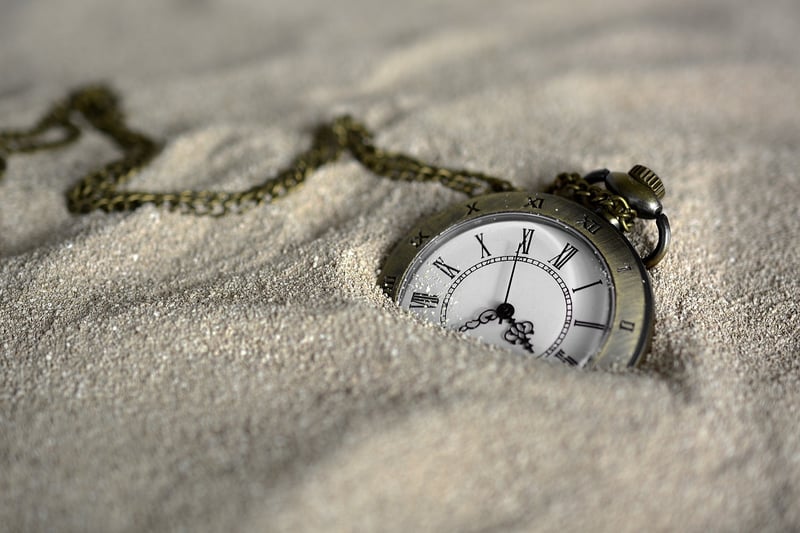Temporal Paradoxes
The Moral Implications of Temporal Paradoxes
Time travel has long been a fascinating concept in science fiction, captivating audiences with its potential to alter the course of history. However, the idea of changing the past raises significant moral implications and introduces the concept of temporal paradoxes.
What are Temporal Paradoxes?
Temporal paradoxes, also known as time paradoxes or time loops, are situations in which the past, present, and future become interconnected in a way that defies the traditional linear progression of time. These paradoxes often arise when a time traveler alters events in the past, leading to contradictory or impossible outcomes.
The Grandfather Paradox
One of the most well-known temporal paradoxes is the Grandfather Paradox. In this scenario, a time traveler goes back in time and prevents their own grandfather from meeting their grandmother. As a result, the time traveler's existence is erased, leading to the question of how they could have traveled back in time in the first place.
Moral Dilemmas
The existence of temporal paradoxes raises complex moral dilemmas. If a time traveler has the ability to change the past, should they do so to prevent future tragedies or injustices? What are the consequences of altering the natural course of history? These questions highlight the ethical considerations that come with the power to manipulate time.
Temporal Ethics
Philosophers and ethicists have debated the implications of time travel for decades. Some argue that altering the past could have catastrophic consequences, creating unpredictable ripple effects throughout history. Others suggest that certain events in the past could justify intervention to prevent harm or promote a better future.
Conclusion
As we explore the concept of time travel and temporal paradoxes, it becomes clear that the moral implications are as complex and intriguing as the paradoxes themselves. The ability to change the past forces us to confront questions of responsibility, causality, and the nature of free will. Ultimately, the study of temporal ethics challenges us to consider the consequences of our actions across time and space.

